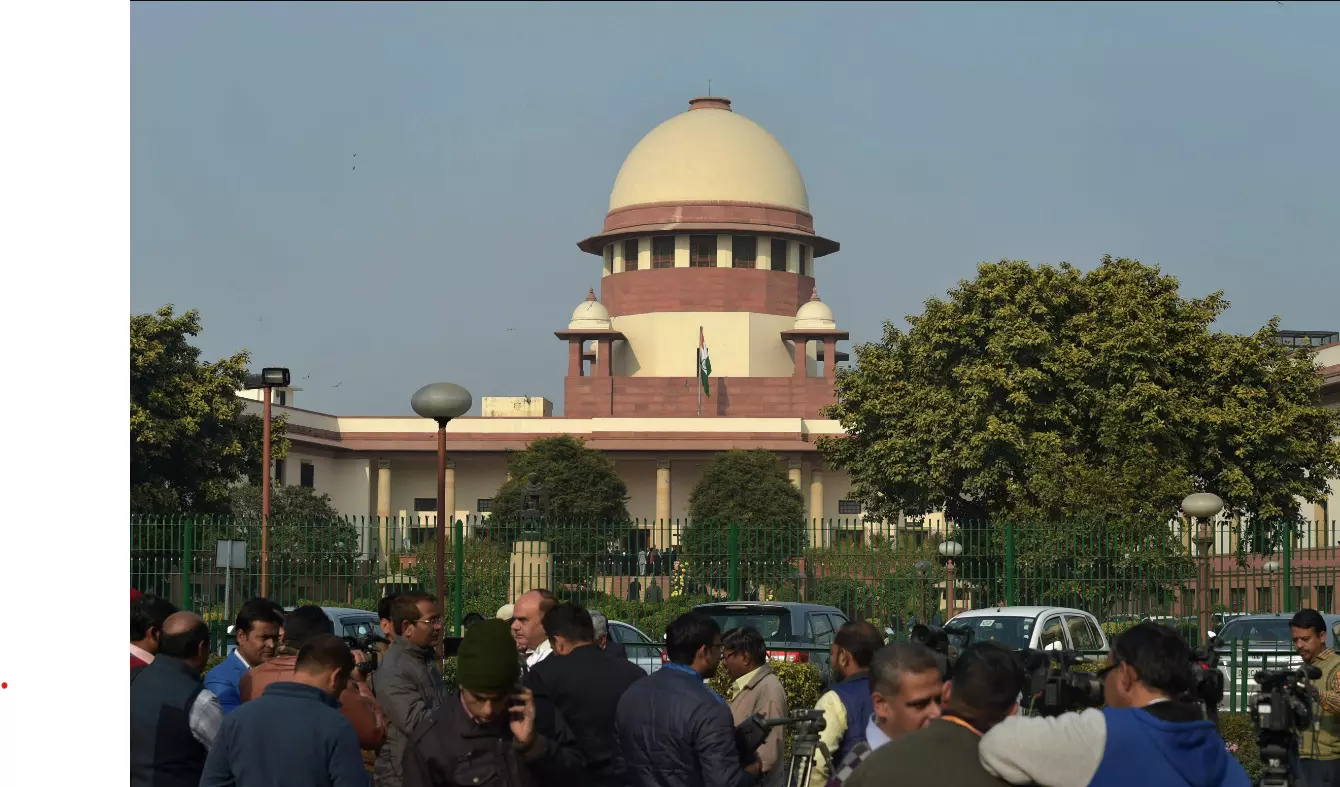Ensuring transparency

In a crucial moment for Indian democracy, the Supreme Court has declared the Electoral Bonds Scheme unconstitutional. This scheme, introduced in 2018, was touted as a means to sanitise political funding by allowing individuals and companies to make anonymous donations to political parties. However, the court's ruling highlights the scheme's egregious violation of citizens' right to information and its potential to foster quid pro quo arrangements between donors and political parties.
The Electoral Bonds Scheme, characterised by donor anonymity, has long been a target of criticism by transparency activists. Under this scheme, individuals and corporations could purchase bonds in various denominations and donate them to political parties without revealing their identities. The government defended the scheme, arguing that it facilitated legitimate donations through banking channels, curbing the influence of unregulated cash contributions and black money in elections. However, the Supreme Court's verdict underscores the fundamental importance of transparency in political financing. The court ruled that information about funding sources is essential for voters to make informed choices during elections, thus constituting a vital aspect of their right to freedom of expression. By anonymising contributions, the Electoral Bonds Scheme impeded this right, violating Article 19(1)(a) of the Constitution.
Moreover, the court applied a proportionality test to assess the scheme's efficacy in curbing black money. It found that the scheme failed to pass this test, as less restrictive alternatives, such as electronic transfers for small contributions and donations through Electoral Trusts for larger amounts, were available. Additionally, amendments to the Income Tax Act, Representation of the People Act, and Companies Act, which exempted donations through electoral bonds from disclosure requirements, were deemed unconstitutional. The verdict serves as a resounding affirmation of democracy and transparency in political funding. By striking down the Electoral Bonds Scheme, the Supreme Court has upheld the integrity of the electoral process and safeguarded the rights of citizens. The ruling underscores the judiciary's pivotal role in ensuring accountability and fairness in governance.
Furthermore, the court's decision resonates beyond the realm of electoral financing. It reaffirms the principle that the exercise of political power must be transparent and accountable to the people. The judgment represents a significant victory for civil society and reinforces the democratic ethos enshrined in India's Constitution.
The government's response to the verdict remains crucial. While the Election Commission has pledged to adhere to the court's directives, the government's silence raises questions about its commitment to democratic principles. The BJP, the primary beneficiary of electoral bonds, has expressed willingness to respect the court's decision but refrained from further comment until a detailed analysis of the judgment is conducted. To sum up, the Supreme Court's verdict on electoral bonds marks a historic milestone in India's democratic journey. It underscores the judiciary's role as a guardian of constitutional values and highlights the imperative of transparency in political financing. Moving forward, it is incumbent upon all stakeholders to uphold the spirit of the verdict and work towards a more accountable and inclusive democracy.




